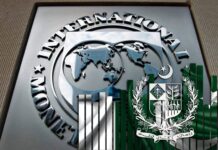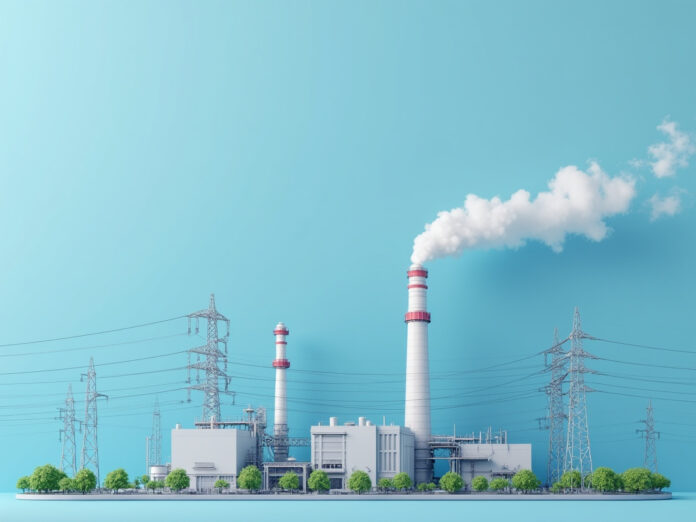The federal government has reached an agreement with bagasse-based power plants to reduce tariffs and plans to revise power purchase agreements (PPAs) with 18 independent power producers (IPPs) established under the 1994 and 2002 power policies within the next four to six months.
According to media reports, Power Minister Owais Khan Leghari, with federal cabinet approval, recently announced the early termination of PPAs with five of the oldest IPPs, estimating annual savings of Rs 70 billion, or around Rs411 billion over the remaining term of their contracts.
However, Prime Minister’s Special Assistant Muhammad Ali, a member of the IPP renegotiation task force, told the Senate Standing Committee on Power that savings from these five IPPs would be around Rs60 billion per year. Senator Mohsin Aziz chaired the committee session.
Ali highlighted that the renegotiations are part of a broader effort to stabilize the power sector and boost industrial and commercial growth.
The government recently concluded deals with five bagasse-based IPPs, delinking their tariffs from international coal prices indexed to the US dollar. Instead, pricing is now based on the Pakistani rupee. A formal summary of these changes has been sent to the federal cabinet for approval.
He noted that bagasse-based power generation, derived from sugar mill cane residue, typically has no connection to coal prices, especially in dollar terms. The revised terms align with tariff structures in other countries and are part of a strategy to increase reliance on local fuels, thereby reducing foreign exchange outflows.
Ali explained that high energy costs led the government in 2019 to review IPP contracts and tariffs, as many IPPs had been earning returns as high as 27-30%.
This was a result of generous terms in the 1994 and 2002 policies, which offered upfront tariffs and exchange rate-linked returns despite being local investments. Efforts by the National Electric Power Regulatory Authority to verify efficiency tests for tariff calculations were hindered by IPPs obtaining stay orders.
Senator Aziz voiced concerns that IPPs recovered their investment costs within four years, with some coal-based plants recouping expenses in just two years.
Ali stated that these IPPs enjoy returns of 13-17% in Pakistan, double the rates offered in other countries. He emphasized the need for the government to shift from direct involvement in power generation to fostering a competitive power market, as seen in other nations.
The task force is now in the third phase of renegotiations with 18 IPPs from the 1994 and 2002 policies, along with state-owned power plants. Ali indicated that these negotiations are expected to conclude within three to six months.
The committee, appreciating the task force’s efforts, expressed hope that the savings would provide some relief to the public. Senator Aimal Wali Khan raised concerns over the inclusion of IPP costs in electricity bills by the Peshawar Electric Supply Company in Khyber Pakhtunkhwa, despite no IPP-generated electricity being produced in the province.
Special Secretary Arshad Majeed Mohmand explained that electricity pricing is set by the federal government and is uniform across the country. The committee suggested that provinces should benefit from their indigenous resources in power generation.
























